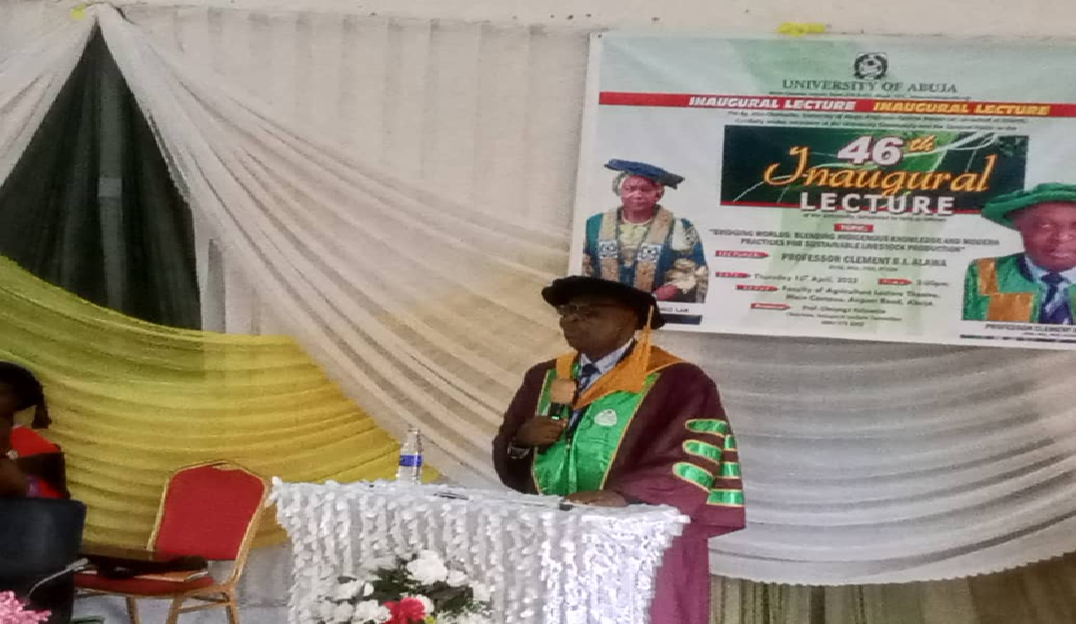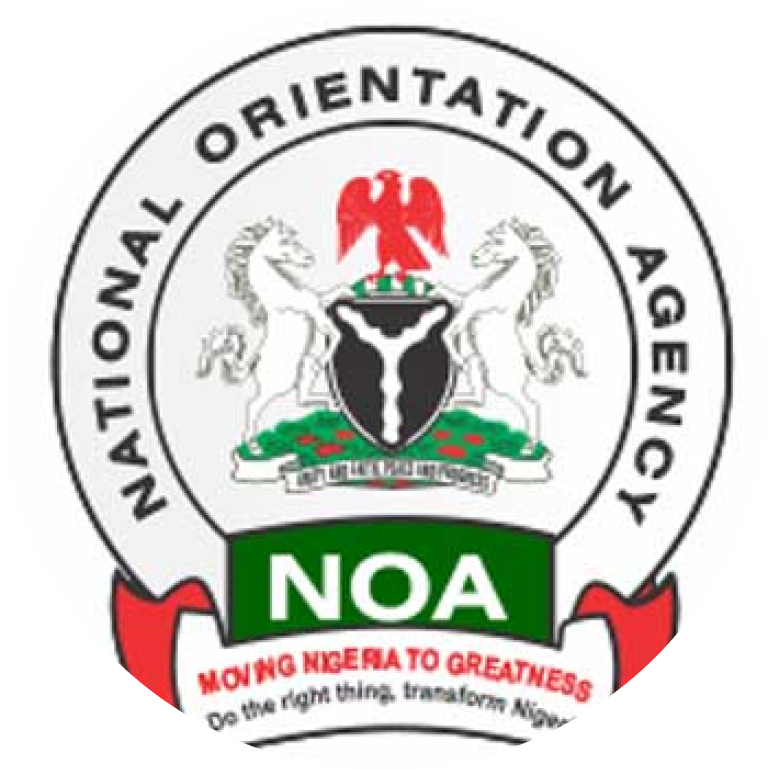Delivering the institution’s 46th inaugural lecture titled “Bridging Worlds: Blending Indigenous Knowledge and Modern Practices for Sustainable Livestock Production,” Prof Alawa, argued that Nigeria’s current dependence on imported models is unsustainable and failing to address local realities.
“The time has come for a radical shift in how we approach livestock production,” he declared. “Indigenous knowledge, long ignored, holds the key to building resilient, productive, and environmentally sustainable systems tailored to our unique ecosystems.”
Alawa called for an urgent review of agricultural policies at local, national, and international levels to formally recognize and incorporate traditional expertise. He proposed a nationwide inventory of forage resources, crop residues, and agro by-products to guide strategic feed planning and balance.

He also advocated for targeted investments in research and development to explore the fusion of traditional and scientific techniques, noting that such collaborations can yield innovative, context-specific solutions for Nigeria’s livestock challenges.
“Indigenous communities must be empowered through capacity-building programmes, while government and private sector partnerships should be leveraged to scale sustainable practices,” he said. “We cannot afford to ignore the expertise that has sustained generations of farmers across rural Nigeria.”
He further urged animal farmers to collectively identify challenges and spearhead community-based research, backed by seed grants to develop workable solutions that align with local realities.
Alawa warned that the lack of synergy between conventional science and traditional knowledge is deepening inefficiencies in Nigeria’s livestock sector, especially amid mounting food security threats.
“The agricultural landscape is evolving rapidly. Without policies that reflect indigenous realities, our systems will continue to falter. What we need is a dynamic, home-grown approach that ensures long-term sustainability,” he concluded.
Vice Chancellor of the University, Professor Patricia Manko Lar, described the lecture as timely, stressing that the insights offered are crucial to addressing Nigeria’s deepening food security crisis.




